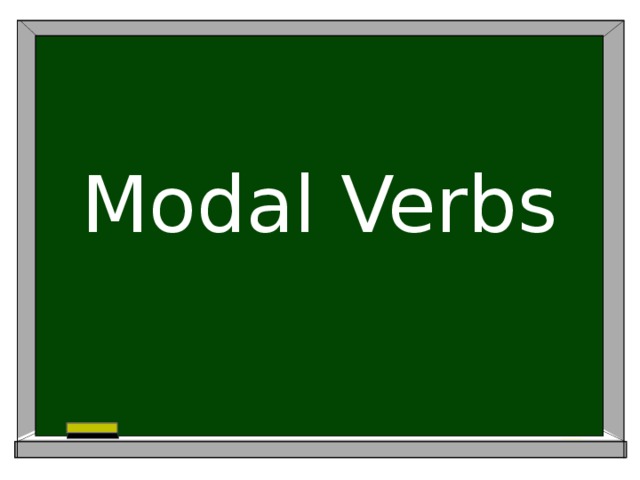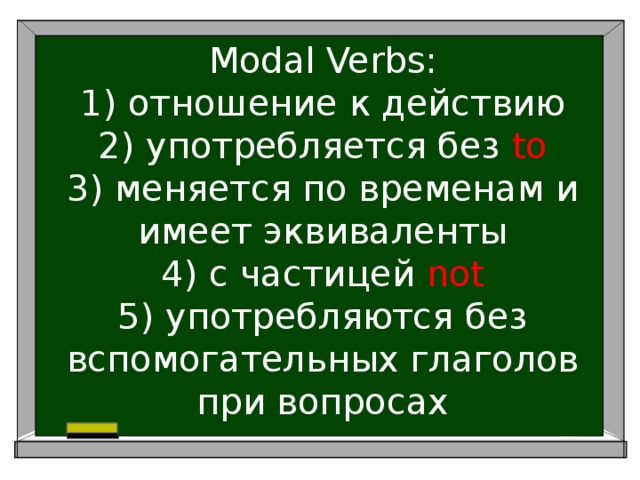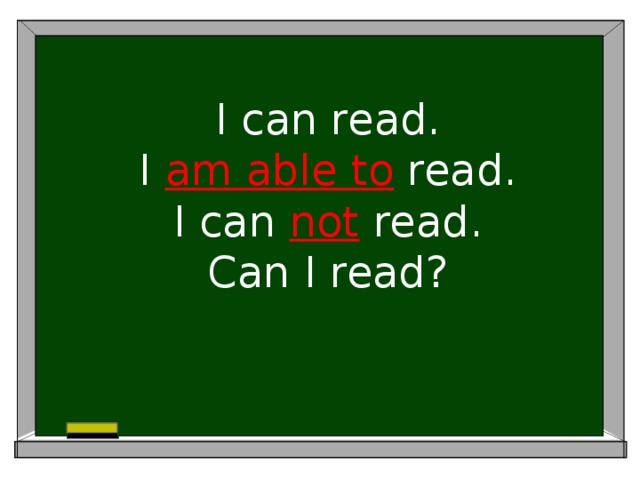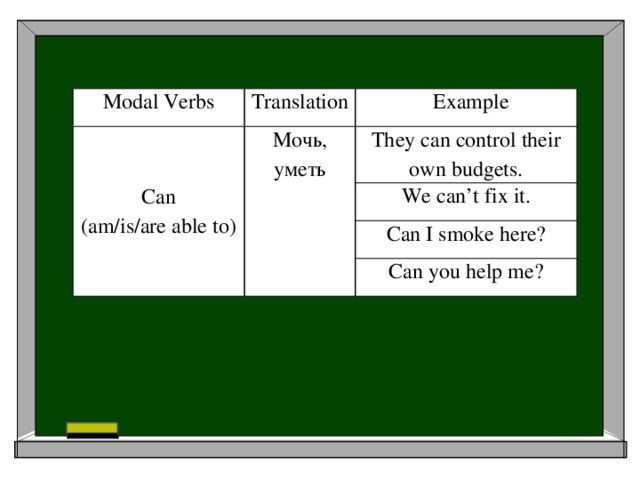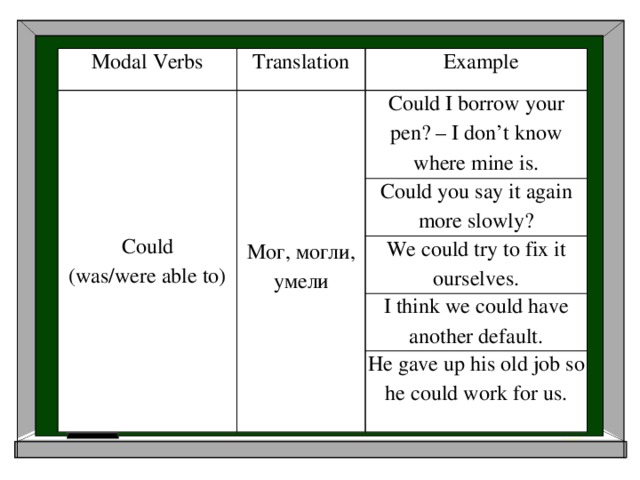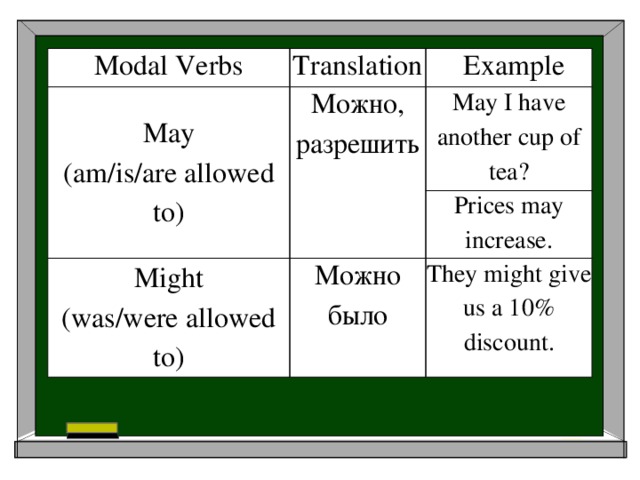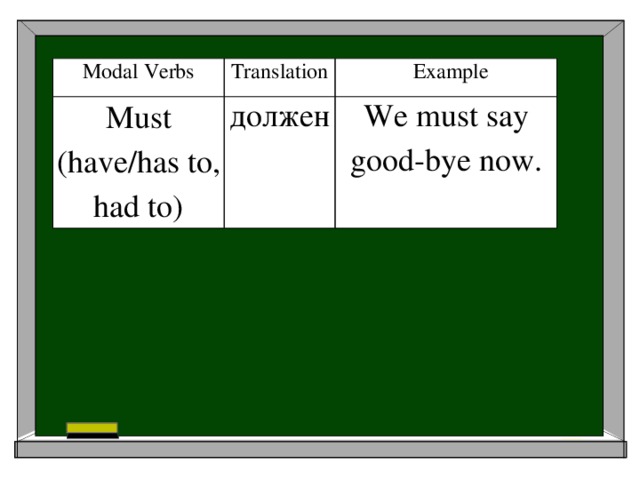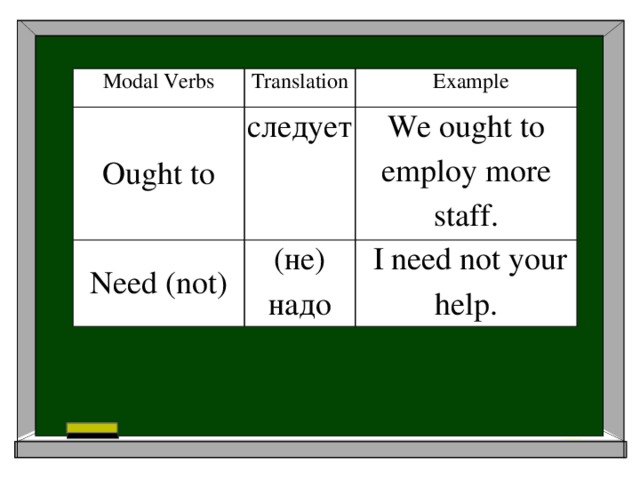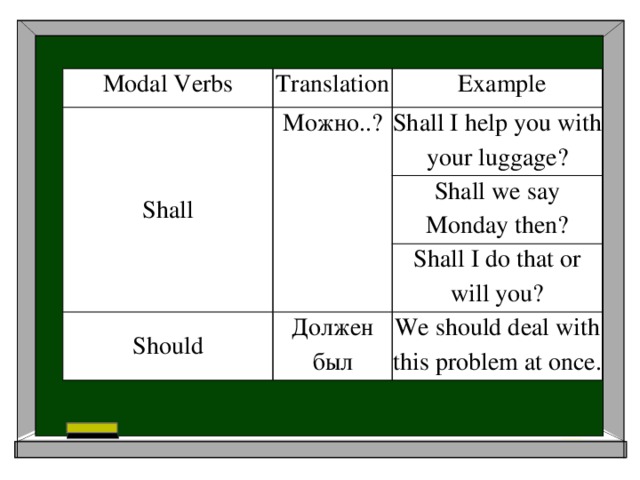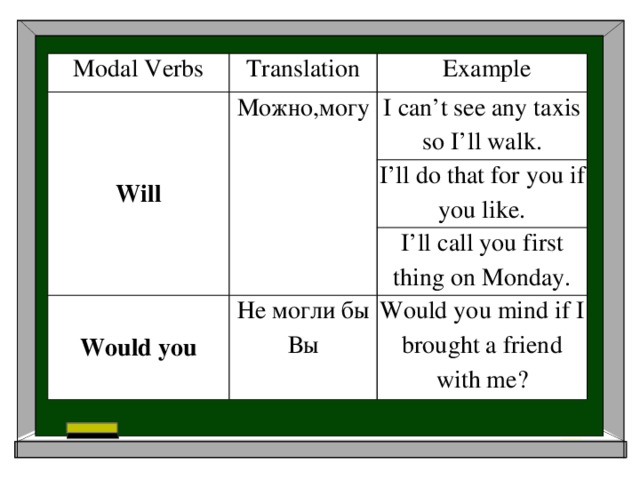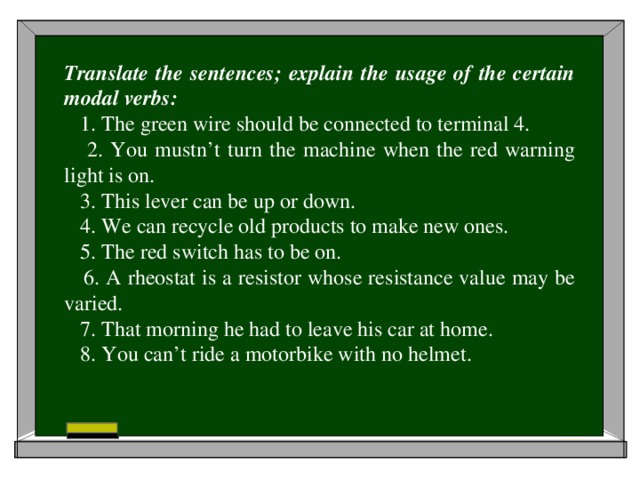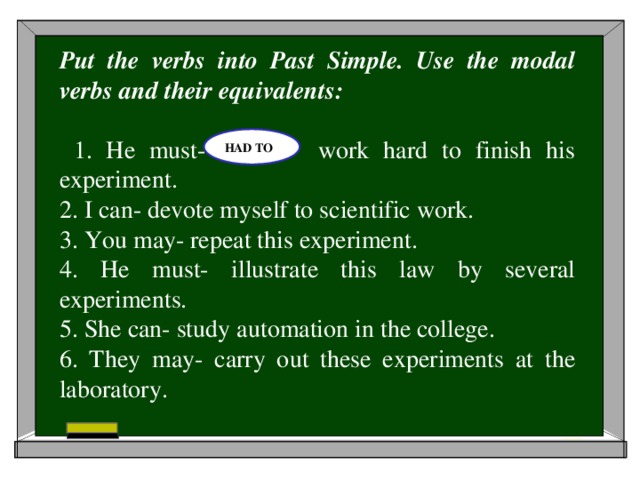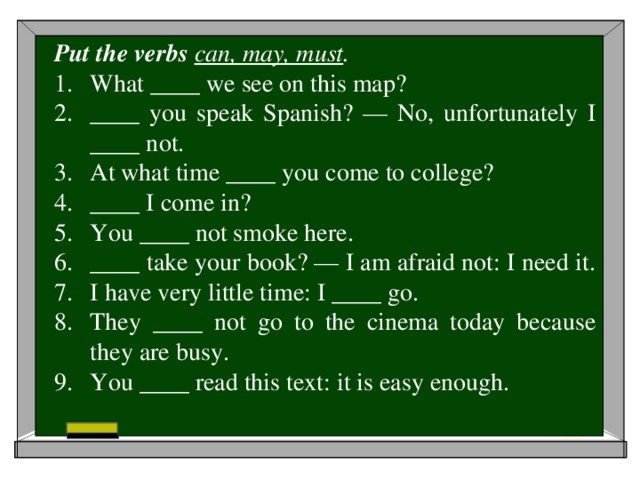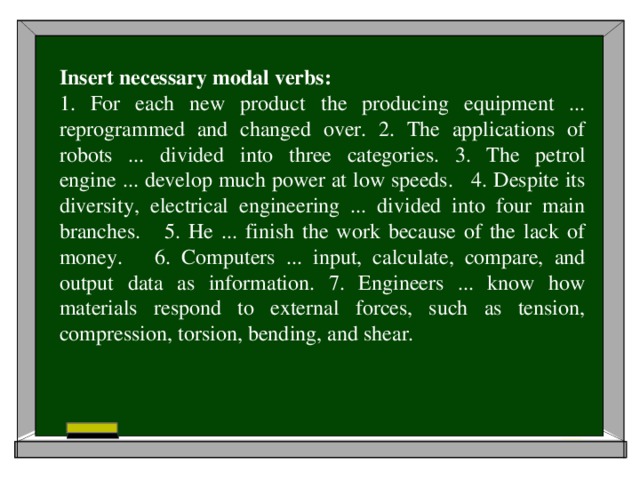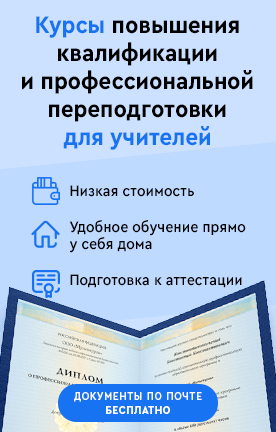Учебная презентация практического занятия «Модальные глаголы» по УД ОГСЭ.03 «Иностранный язык» предназначена для учащихся колледжей или общеобразовательных школ. Данную презентацию можно использовать для введения или первичного закрепления темы.
Учебный материал состоит из теоретического изложения и практических упражнений, что позволяет учащимся включиться в языковую «работу».
Создайте Ваш сайт учителя Курсы ПК и ППК Видеоуроки Олимпиады Вебинары для учителей
Модальные глаголы
Вы уже знаете о суперспособностях современного учителя?
Тратить минимум сил на подготовку и проведение уроков.
Быстро и объективно проверять знания учащихся.
Сделать изучение нового материала максимально понятным.
Избавить себя от подбора заданий и их проверки после уроков.
Наладить дисциплину на своих уроках.
Получить возможность работать творчески.
Просмотр содержимого документа
«Модальные глаголы »
Полезное для учителя
Распродажа видеоуроков!
1330 руб.
2220 руб.
1340 руб.
2240 руб.
1340 руб.
2240 руб.
1540 руб.
2570 руб.
Курсы ПК и ППК для учителей!
800 руб.
4000 руб.
800 руб.
4000 руб.
800 руб.
4000 руб.
800 руб.
4000 руб.
ПОЛУЧИТЕ СВИДЕТЕЛЬСТВО МГНОВЕННО
* Свидетельство о публикации выдается БЕСПЛАТНО, СРАЗУ же после добавления Вами Вашей работы на сайт
Удобный поиск материалов для учителей
Проверка свидетельства
